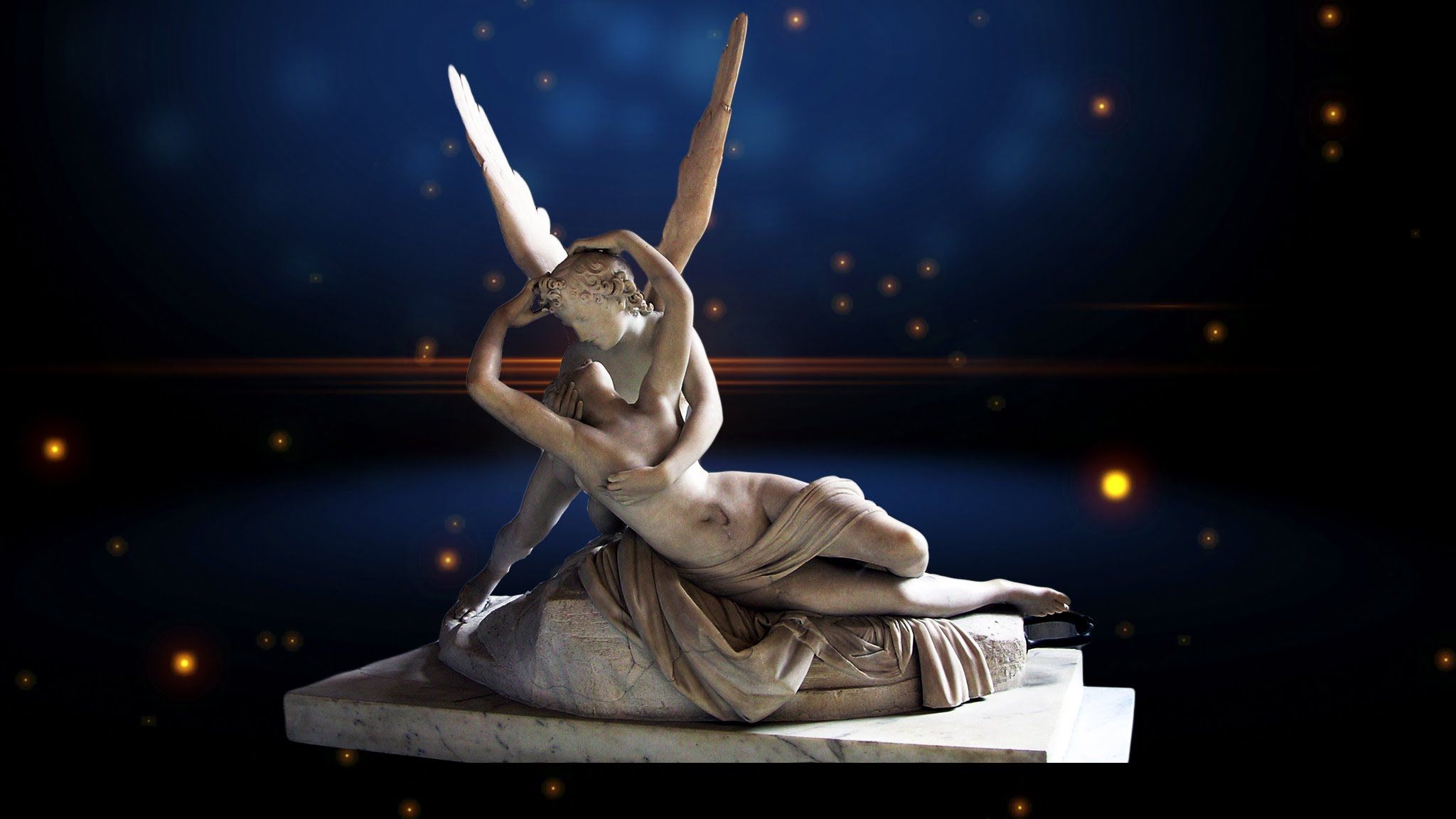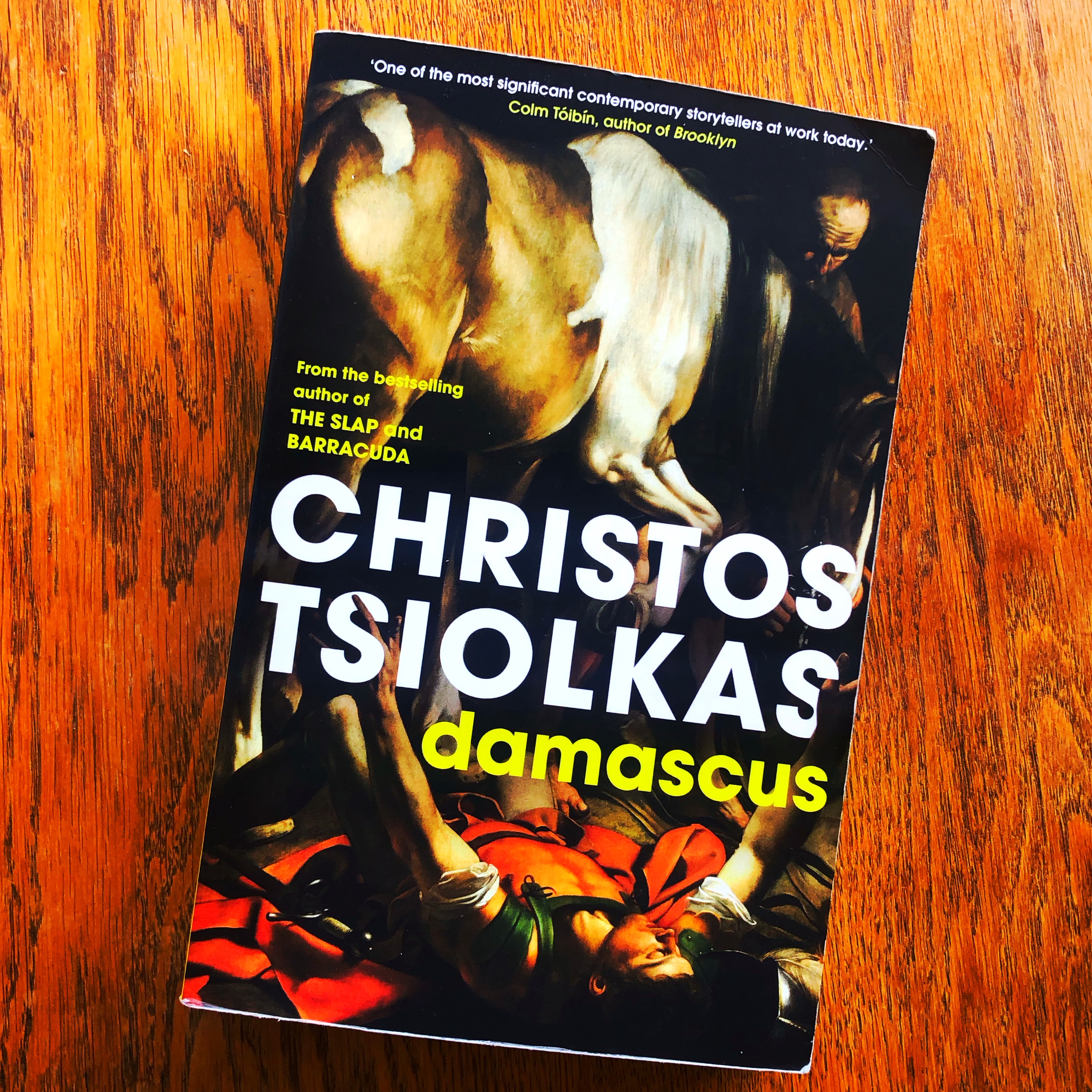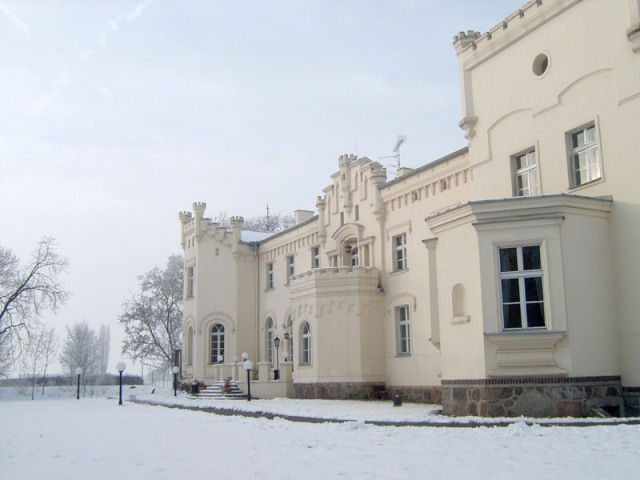
On Psykhe by Kate Forsyth
Once upon a time, every culture had its own version of the Dreamtime. Just a few thousand years ago, magic and science, myths and fairy tales, memory, history and ritual were not distinct from each other, but all one thing – a common framework through which our ancestors made sense of the world. That many of these beliefs could be dismissed now as untrue or superstitious, is to miss the point. What’s important is that early human societies developed world-pictures which helped them make sense of their environment on their own terms, allowing them to function and to understand themselves.
In the Common Era, things began to change. The impact of Christianity and Islam, the spread of literacy, and the development of science all played a part in distorting and fragmenting these ancient world-views. So much was gained, but some things were lost too, including a more varied, less moralistic view of human nature and behaviour, unconstrained by the strictures of monotheistic religion.
This is the territory which Kate Forsyth has made her own through academic research and in her fiction, and which she explores in a new novel. Psykhe is a reimagining of the Greek myth of Cupid and Psyche, the god and mortal who fall in love with each other. How to present a first-person narrative voice in a past time period is always a critical question. Unconsciously and unavoidably, contemporary fiction builds on (or reacts against) the voices of the English canon, whether it’s the Elizabethans, Dickens, or Hemingway. How to represent a narrator from the classical era, over 2,000 years ago? Forsyth gives Psykhe a simple, almost child-like voice to tell the story of her early years through to her development as a healer, a ‘witch’ to some, and then the lover of Cupid, defying his mother, Venus which means effectively going to war with a god! From a passive child she grows into a resourceful and strong woman who marries Cupid, yet all of this is plainly told, as in original tales from antiquity where humans have a matter-of-fact conversations with gods without it seeming remarkable.
Forsyth also shows imagination and skill in blending mythical and historical elements with a light touch. Her Psykhe is fair-haired and blue-eyed, a rare sight in ancient Etruria, both admired and distrusted. It is mentioned that she is a Galli from beyond the crystal mountains. Psykhe is a Gaul, then, from the other side of the Alps. Other hints place the action in the historical Iron Age, with her family involved in the sixth century BCE coup by Brutus against the last king of Rome to establish the Republic. Yet alongside this, Psykhe has magical powers, consorts with the gods, and even goes on a quest to the underworld. In Forsyth’s version, the lovers both become mortal, rather than ascending to join Zeus on Olympus. This retelling of Cupid and Psykhe’s story positions the latter very much at the centre of the action in this celebration of a woman’s independence, sexual desire, and strength. Kate Forsyth’s Psykhe is pitch-perfect, a skilful modern reimagining of this classical myth which has been told for over 2,000 years old.
Image: Antonio Canova. Psyche revived by Cupid’s Kiss (1793). Musée du Louvre.



